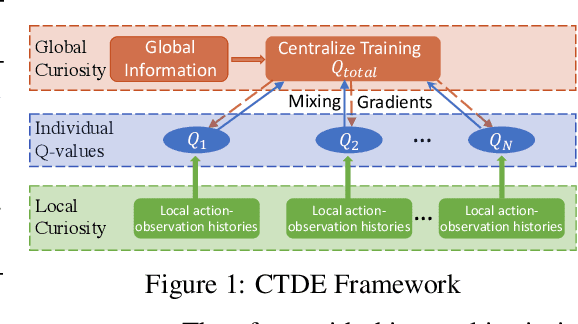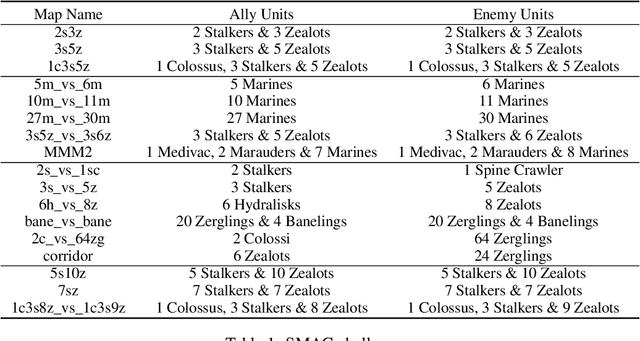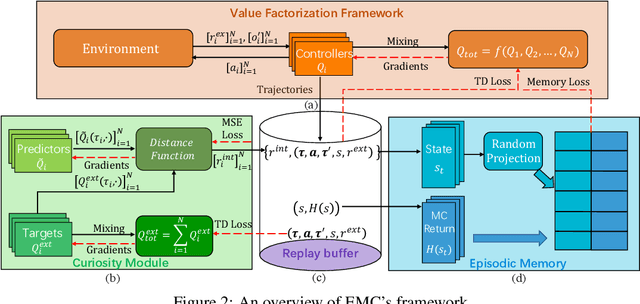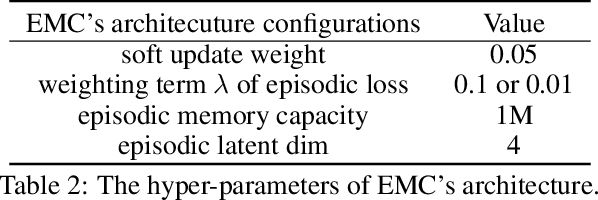Jiarui Chen
Memory Assisted LLM for Personalized Recommendation System
May 03, 2025Abstract:Large language models (LLMs) have demonstrated significant potential in solving recommendation tasks. With proven capabilities in understanding user preferences, LLM personalization has emerged as a critical area for providing tailored responses to individuals. Current studies explore personalization through prompt design and fine-tuning, paving the way for further research in personalized LLMs. However, existing approaches are either costly and inefficient in capturing diverse user preferences or fail to account for timely updates to user history. To address these gaps, we propose the Memory-Assisted Personalized LLM (MAP). Through user interactions, we first create a history profile for each user, capturing their preferences, such as ratings for historical items. During recommendation, we extract relevant memory based on similarity, which is then incorporated into the prompts to enhance personalized recommendations. In our experiments, we evaluate MAP using a sequential rating prediction task under two scenarios: single domain, where memory and tasks are from the same category (e.g., movies), and cross-domain (e.g., memory from movies and recommendation tasks in books). The results show that MAP outperforms regular LLM-based recommenders that integrate user history directly through prompt design. Moreover, as user history grows, MAP's advantage increases in both scenarios, making it more suitable for addressing successive personalized user requests.
Episodic Multi-agent Reinforcement Learning with Curiosity-Driven Exploration
Nov 22, 2021



Abstract:Efficient exploration in deep cooperative multi-agent reinforcement learning (MARL) still remains challenging in complex coordination problems. In this paper, we introduce a novel Episodic Multi-agent reinforcement learning with Curiosity-driven exploration, called EMC. We leverage an insight of popular factorized MARL algorithms that the "induced" individual Q-values, i.e., the individual utility functions used for local execution, are the embeddings of local action-observation histories, and can capture the interaction between agents due to reward backpropagation during centralized training. Therefore, we use prediction errors of individual Q-values as intrinsic rewards for coordinated exploration and utilize episodic memory to exploit explored informative experience to boost policy training. As the dynamics of an agent's individual Q-value function captures the novelty of states and the influence from other agents, our intrinsic reward can induce coordinated exploration to new or promising states. We illustrate the advantages of our method by didactic examples, and demonstrate its significant outperformance over state-of-the-art MARL baselines on challenging tasks in the StarCraft II micromanagement benchmark.
 Add to Chrome
Add to Chrome Add to Firefox
Add to Firefox Add to Edge
Add to Edge